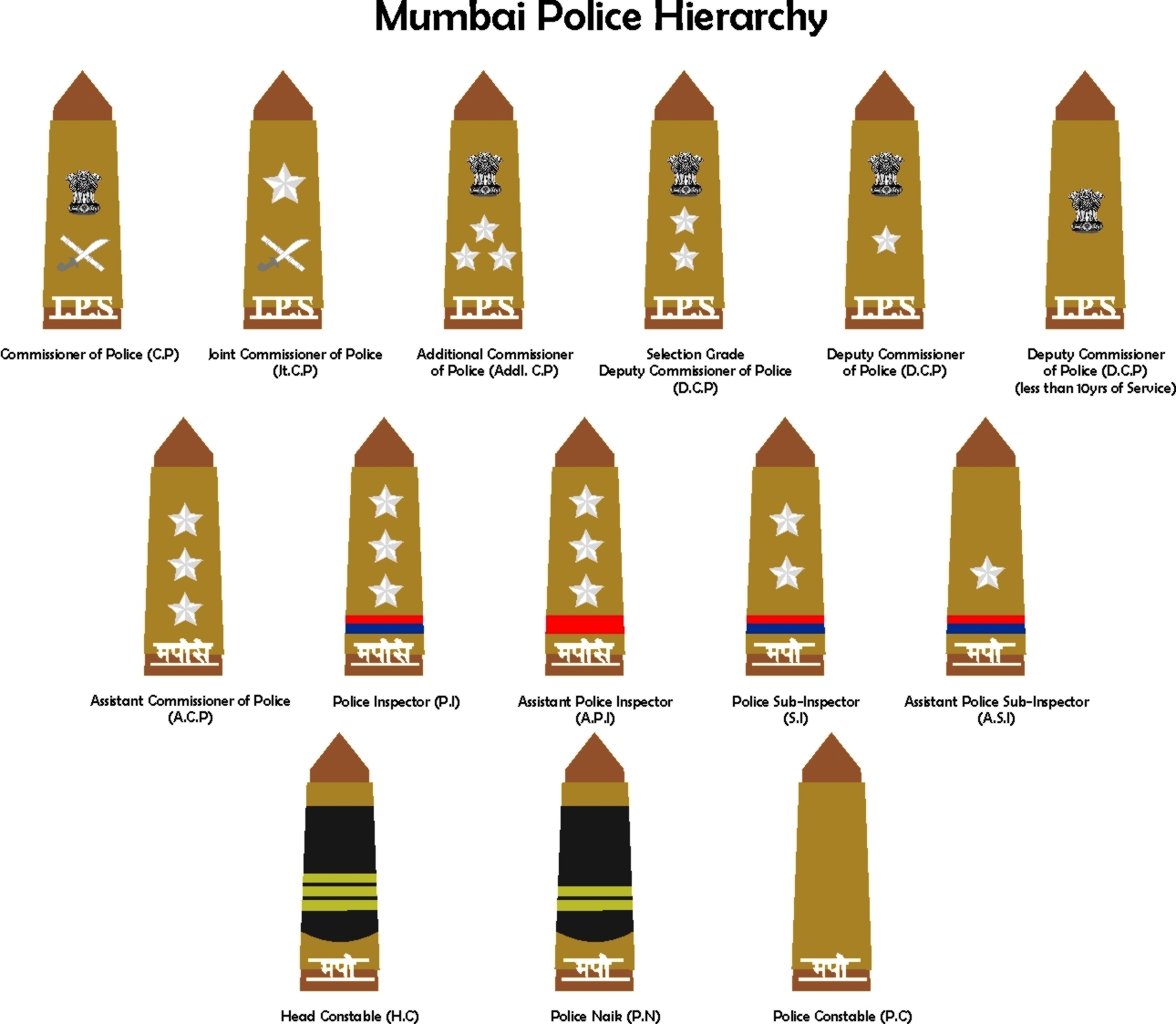Police is an
exclusive subject
under the State List ( List II, Schedule 7 of the Indian Constitution). States can enact any law regarding the
subject of police. But most of the states are following the archaic Indian
Police Act 1861 with few modifications. Police have
become the ‘subjects’ of Parliamentarians and legislators – with high degree of politicization and allegiance towards ruling
party.
Starting from the second Police Commission in 1902 headed by
A.H.L. Fraser, there have been many commissions and committees formed to look
into reforming the police in India.
Prominent among them are:
·
Gore Committee on
Police Training
·
National Police
Commission
·
The Ribeiro Committee
on Police Reforms
·
The Padmanabhaiah
Committee on Police Reforms
·
Prakash Singh Vs
Union of India – SC directives for Police Reforms
·
Soli Sorabjee
Committee.
The 22 September, 2006 verdict of the Supreme Court in the
Prakash Singh vs Union of India case was the landmark in the fight for police
reforms in India. Unfortunately, even the directions of SC have not been
implemented by the states.
Courting the Court
In 2006 the SC gave 7 binding directions to
the states and Union Territories. The court ordered the states and UTs to implement the
directions immediately either through legislation or executive order. But, the
police – politician nexus is so much deep-rooted that states are reluctant to
implement any of the directions. Last year (November 2010), the SC asked for
the personal presence of Chief Secretaries of 4 major states
(Karnataka, WB, Maharashtra and UP) to learn the progress and give
stern directions.
--------------------------------------------------------------------------------------------------------------------------------



